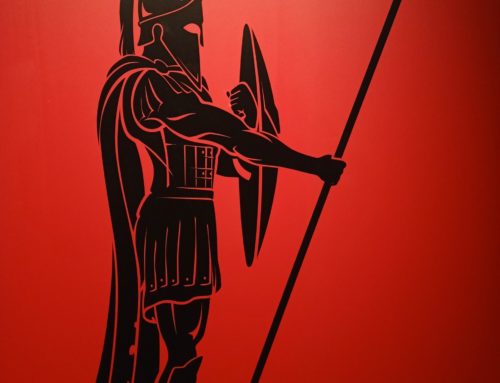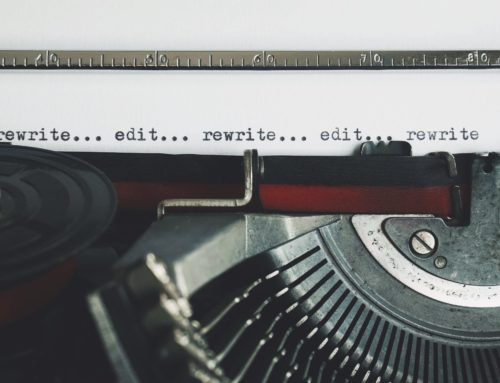WriteLife

Don’t you just love a bad guy? Writing them, creating them, weaving them into your plot. There’s something extra fun about developing the villain, giving them their flaws, and deciding how they are going to interact your protagonist. But what about writing their perspective in your novel?
This is something Sarah and I had not attempted before. In our teen fiction series, the villain doesn’t get to share his story intimately with the reader. But for our new historical fiction novel, we changed that. Our protagonist and antagonist both share their stories. Our villain has his own storyline with his own chapters so the reader can see what he has to say.
And it has revolutionised our book. Why? Because from the villain’s perspective, he’s the hero of his own story. He doesn’t see himself as the villain, actually, he doesn’t even know he’s the villain. By giving him the space to write his story, it makes our story that much more compelling. When we developed him, we treated him like any other character; he has his own character sheet with a detailed backstory, goals, flaws, and desires.

The exercise of putting myself in the villain’s mind has provided me with a much clearer picture of who our villain is, what he’s thinking, and the reasons behind all his actions. Also, it starts to hint at how far he is willing to go to get what he wants. And I hope this comes through to the readers—that our villain isn’t evil for evil’s sake. He’s misunderstood with a complex backstory that propels him into the wrong decisions and puts him firmly on collision course with our protagonist. Even though we are only thirteen chapters through, we can already see how much his chapters have added to our plot development, and the intrigue we are building.
The only hard part? The reader is going to know both sides of the story so keeping our villain’s plan under wraps is going to take a deft touch. We need to balance mystery with revealing our villain’s motive to keep the reader engaged and guessing. It’s going to be a delicate act, but if we can pull it off, I think the payoff will be huge.
Have you ever written from the perspective of your antagonist? Let me know in the comments below.
-A














I just finished a short story from the villain’s perspective. It got dark pretty quickly. But it was an interesting change of pace.
How cool! Villains can be so interesting and complex, it certainly changes the tone of the story a bit, that’s for sure!